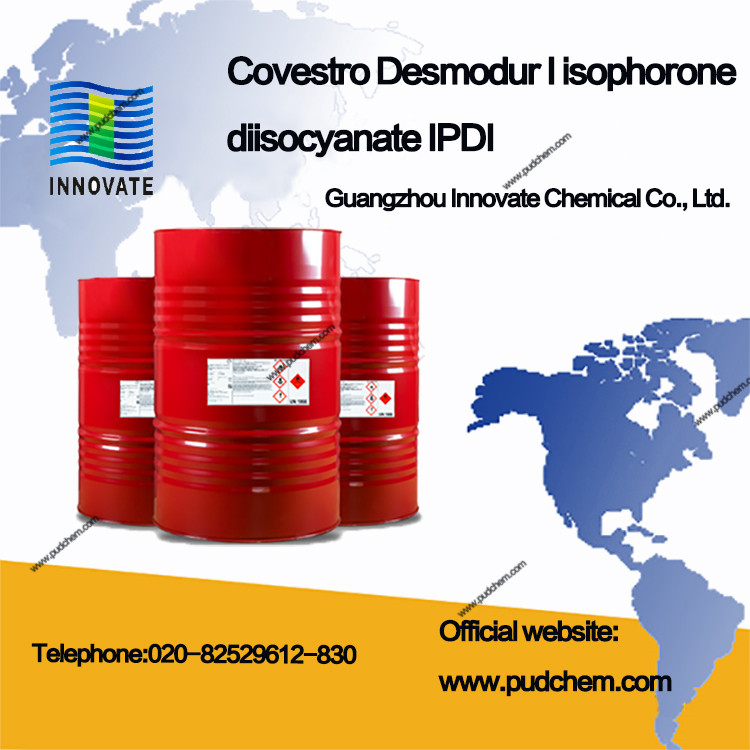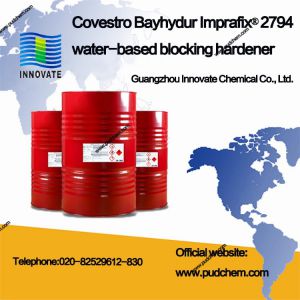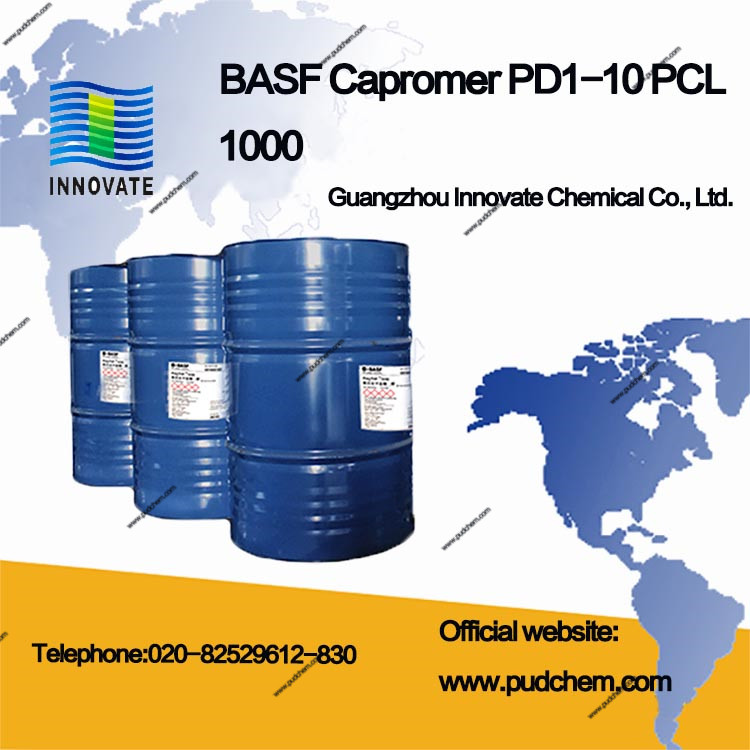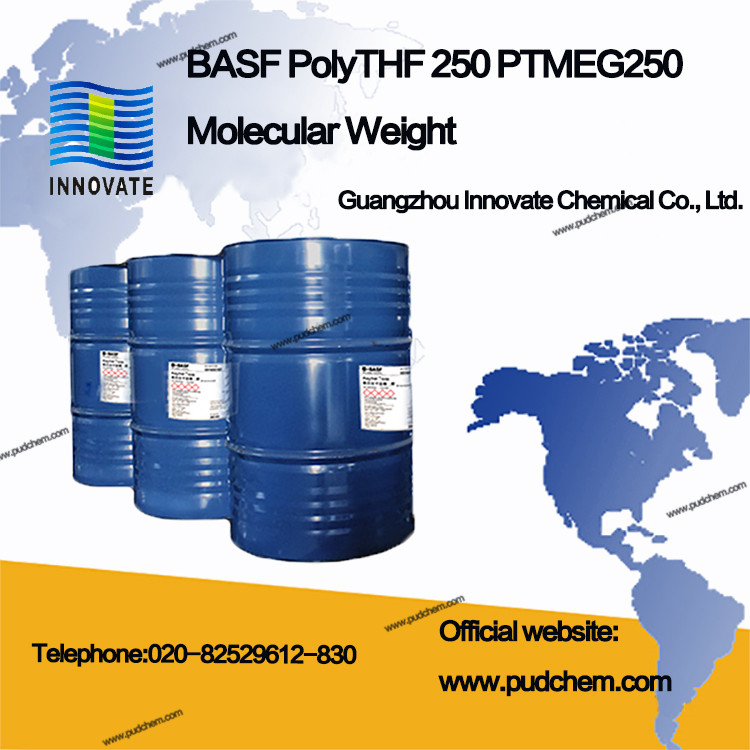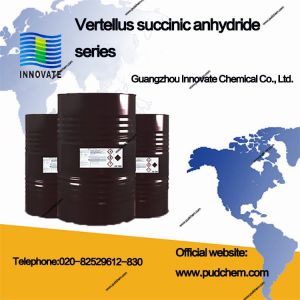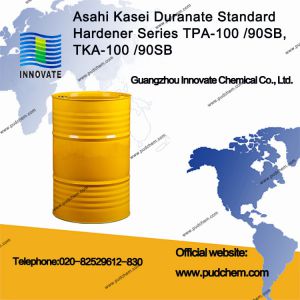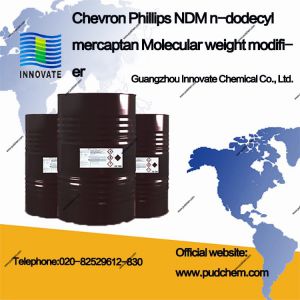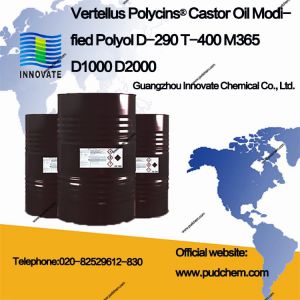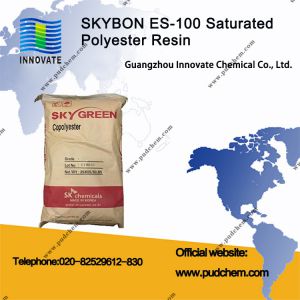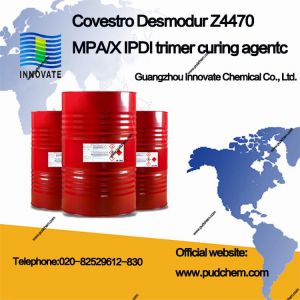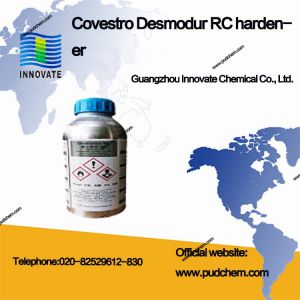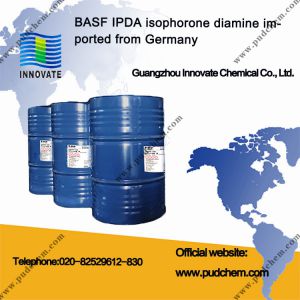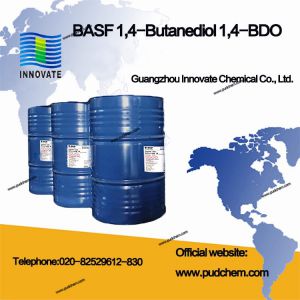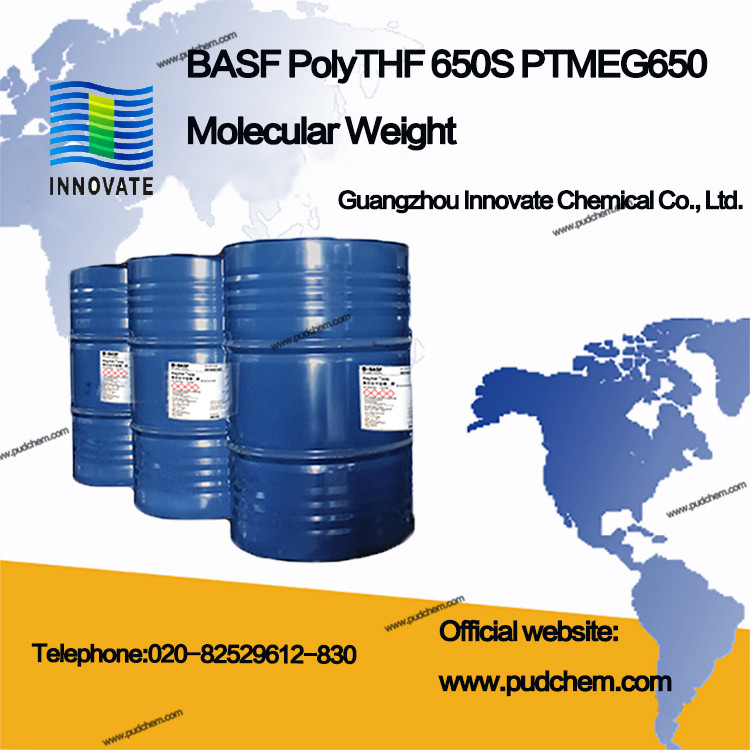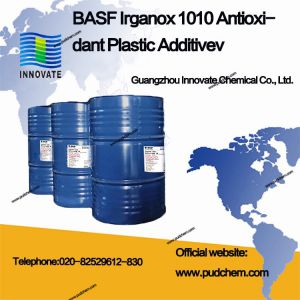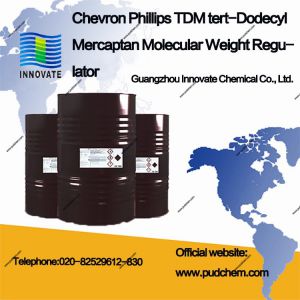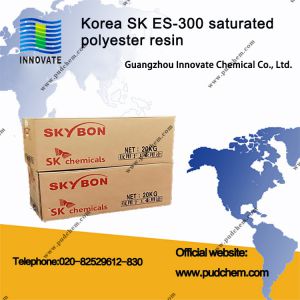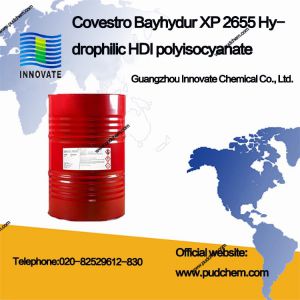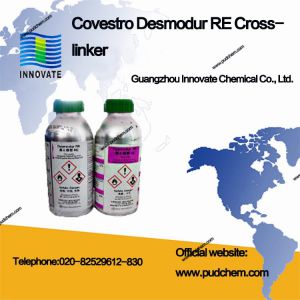BYK 190 Wetting and dispersing additive
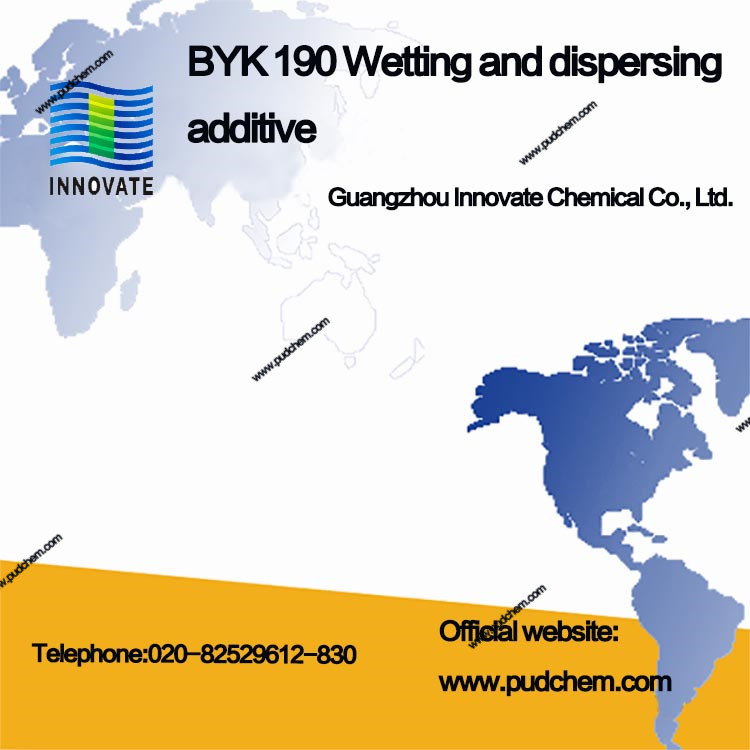
DISPERBYK-190
VOC- and solvent-free wetting and dispersing additive for aqueous coating systems, printing inks and adhesives. is used for resin-free pigment concentration
Standard additive for shrinking. Suitable for all kinds of pigments.
chemical components
High molecular weight block copolymer solutions containing pigment affinity groups. VOC free (< 1500 ppm)
Typical materialized data
The data given on this data page are only typical values, not the technical specifications of the product.
More about this source textSource text required for additional translation information
Send feedback
| Acid value | 10 mg KOH/g |
| Density (20 °C) | 1.06 g/ml |
| Non-volatile matter (10 min., 150 °C) | 40 % |
| solvent | water |
storage and transportation
When stored or transported at temperatures below 0°C, stratification or turbidity may occur. Heat to 20°C and stir before use.
Application field
Printing ink
Features and Benefits: The additive deflocculates pigments through steric stabilization. Due to the small particle size of the deflocculated pigments, high gloss can be obtained, as well as improved color
color intensity. In addition, the transparency of transparent pigments and the hiding power of opaque pigments are also improved. Improved flow properties due to reduced viscosity, and
Can increase the pigment content.
Recommended use
The additive is particularly suitable for producing stable resin-free pigmented miniatures with a pigment content of 30-60%. These pigment concentrates can be used in standard aqueous binders
Letdowns such as acrylic dispersions or water-soluble acrylics.
Recommended dosage
Auxiliary dosage (purchased form) based on:
| Titanium dioxide | 10-12 % |
| Organic Pigments, Carbon Black | 15-50 % |
The above recommended dosage is for reference, and the optimum dosage needs to be determined through a series of tests.
Joining method and processing guidance
Grinding can only be carried out in water (free of resins, amines and co-solvents). Mix the adjuvant with water, and then add the pigment after the adjuvant is fully dispersed.
paint industry
Features and Benefits: The additive deflocculates pigments through steric stabilization. Due to the small particle size of the deflocculated pigments, high gloss can be achieved, as well as enhanced color strength. In addition, the transparency of transparent pigments and the hiding power of opaque pigments are also improved. Due to the reduction in viscosity, flow properties are improved and pigment levels can be increased.
Recommended use
| Architectural coatings | Special recommendation |
| Wood and Furniture Coatings | Special recommendation |
| automotive coatings | Special recommendation |
| automotive coatings | Special recommendation |
| automotive coatings | Special recommendation |
| Leather Coatings | Special recommendation |
This additive is recommended for the production of stable resin-free pigment concentrates for the preparation of waterborne paints without floating/floating.
Recommended dosage
Auxiliary dosage (as purchased) is based on:
| Inorganic Pigment | 20-30 % |
| Titanium dioxide | 10-12 % |
| Organic Pigments | 30-75 % |
| Carbon black | 130-150 % |
The above recommended dosage is for reference, and the optimum dosage needs to be determined through a series of tests.
Joining method and processing guidance
Grinding can only be carried out in water (free of resins, amines and co-solvents). Mix the adjuvant with water, and then add the pigment after the adjuvant is fully dispersed.
Adhesive
Features and advantages: The additive can improve the dispersion quality of pigments and fillers, and it can deflocculate pigments and fillers through steric stabilization. Due to the reduced viscosity, flow properties are improved and pigment loading can be increased.
Recommended use
| water-based adhesive | Special recommendation |
| epoxy system | recommend |
| Polyurethane system | recommend |
This additive is especially recommended for dispersing pigments and fillers in resin-free water.
Recommended dosage
Auxiliary dosage (as purchased) is based on:
| Inorganic Pigment | 20-30 % |
| Titanium dioxide | 10-12 % |
| Organic Pigments | 30-75 % |
| Carbon black | 130-150 % |
| Filler | 1-3 % |
The above recommended dosage is for reference, and the optimum dosage needs to be determined through a series of tests.
Joining method and processing guidance
Grinding can only be carried out in water (free of resins, amines and co-solvents). Mix the adjuvant with water, and then add the pigment after the adjuvant is fully dispersed.
- PREV:BYK DISPERBYK 2000 Wetting and dispersing additive
- NEXT:BYK DISPERBYK 192 Wetting and dispersing additive

